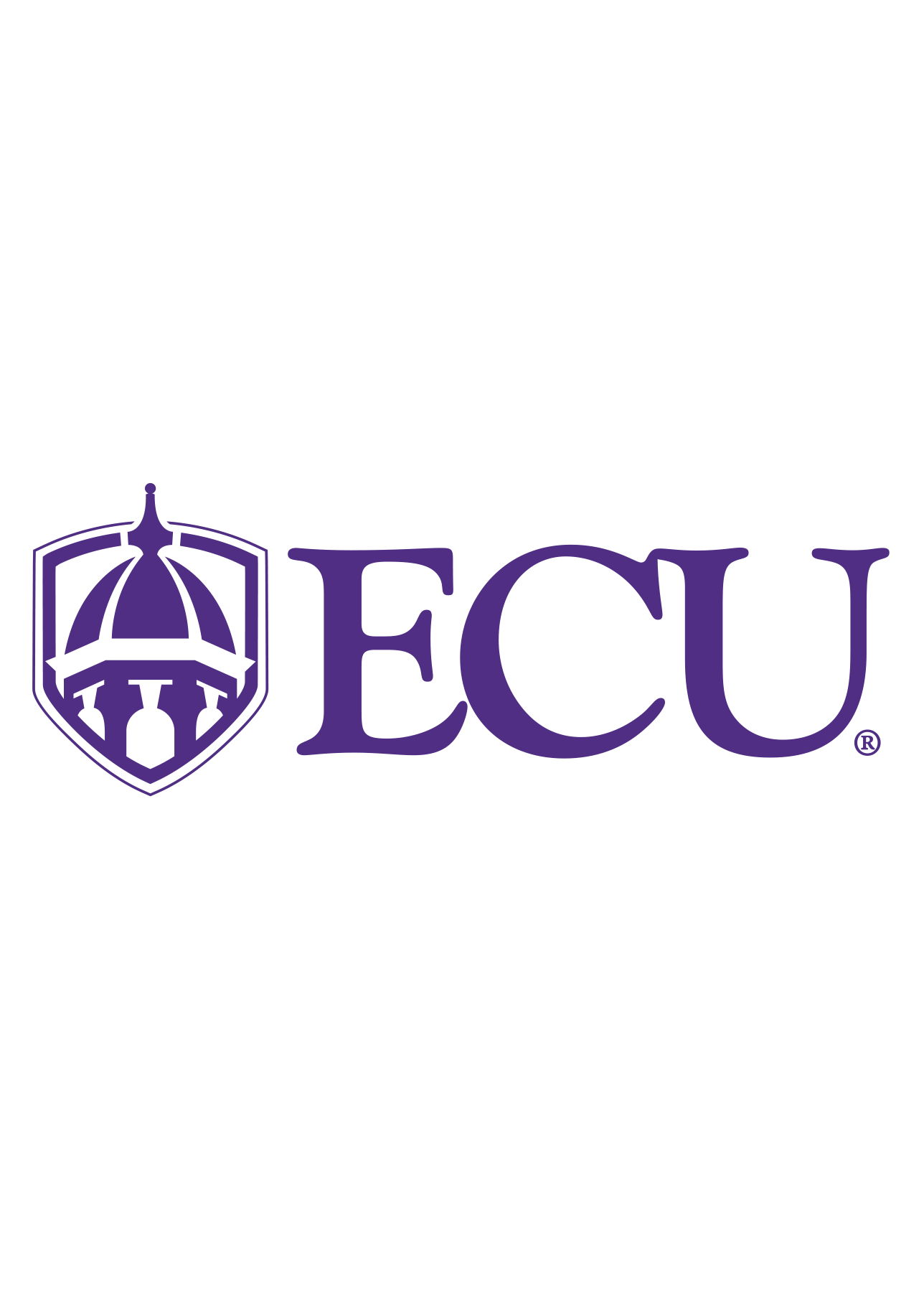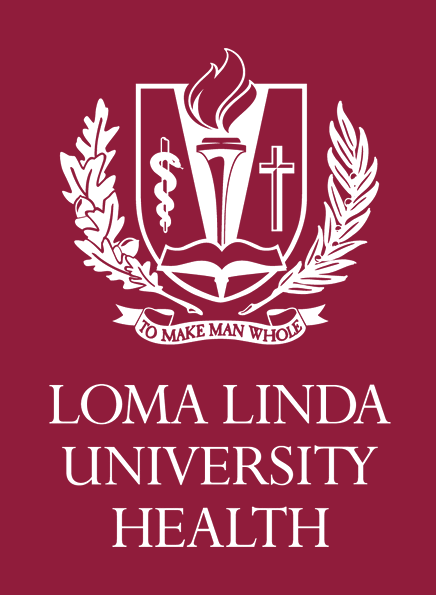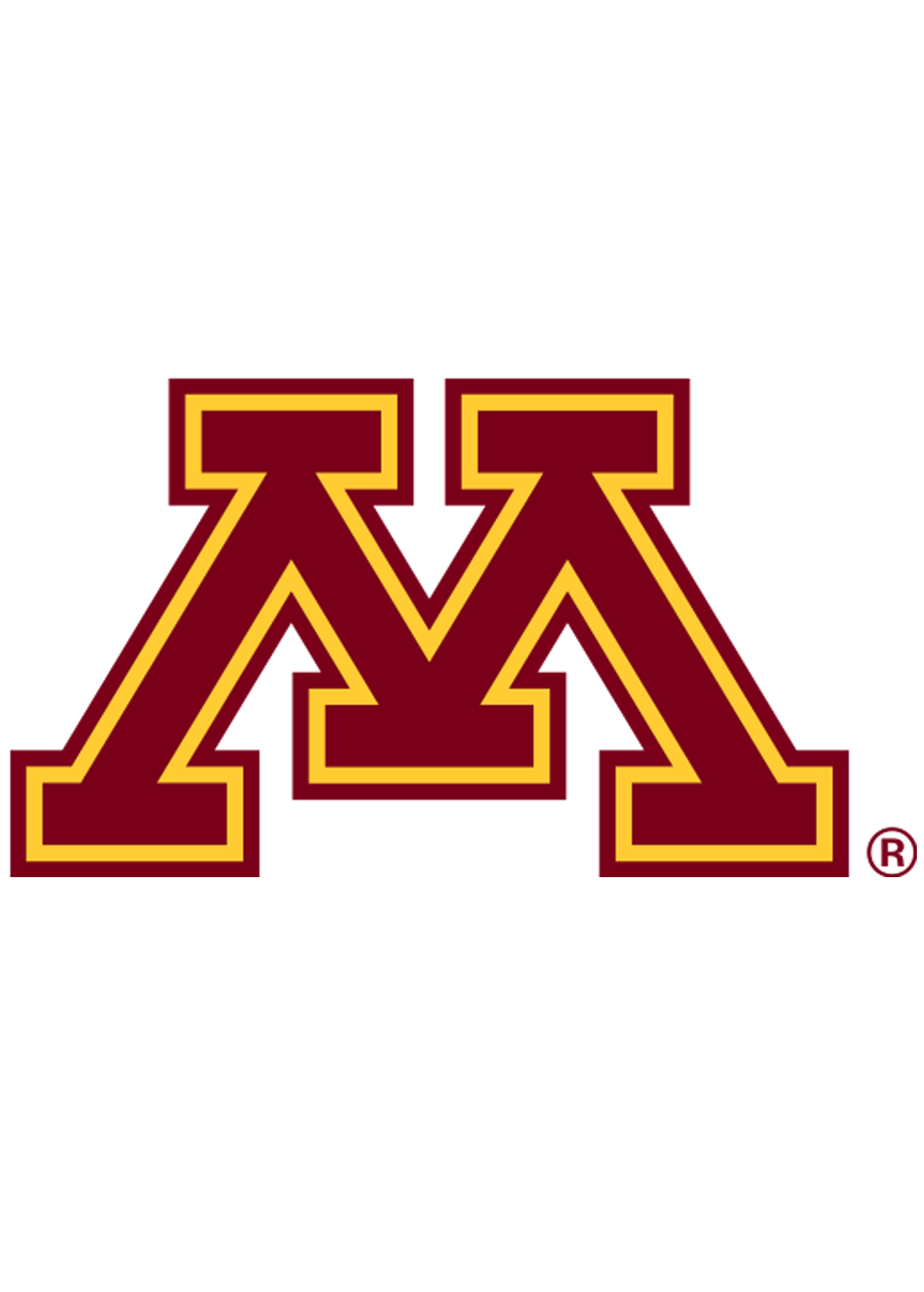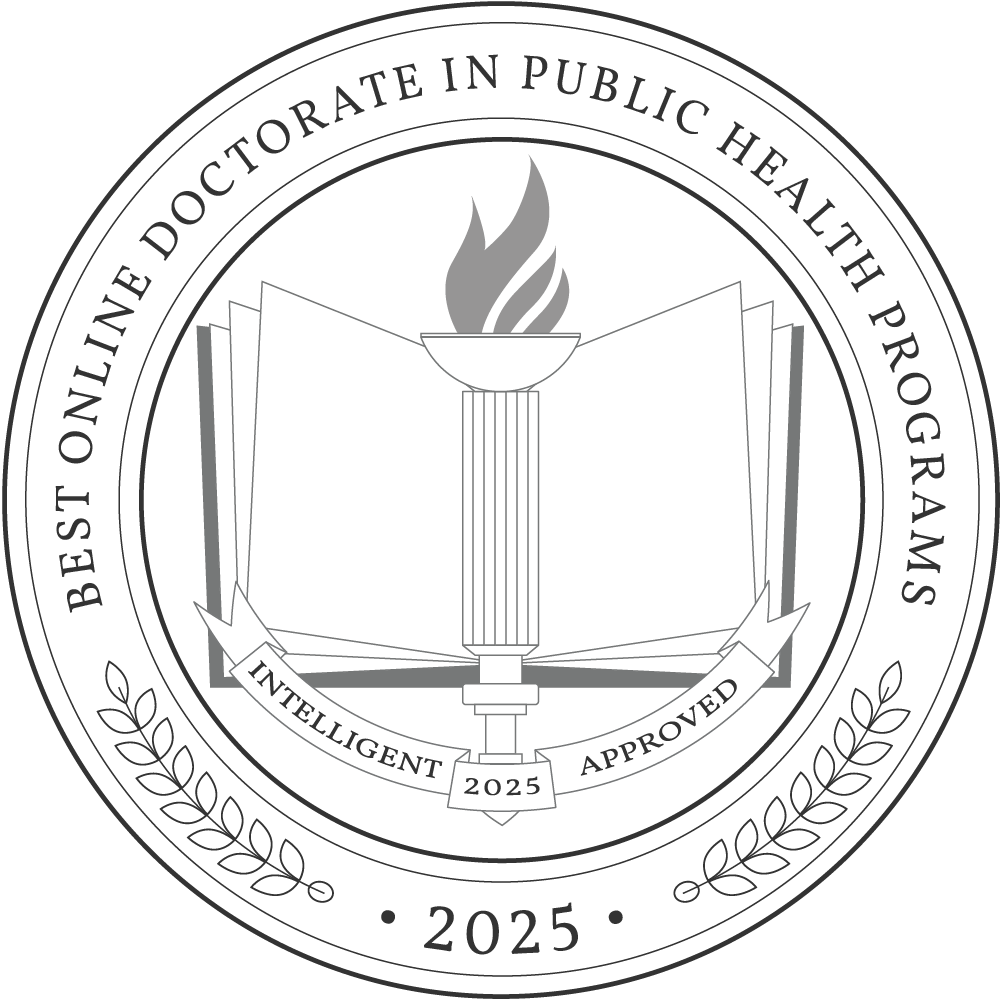Online doctorate in public health programs are a great option for students seeking a high-quality education as well as a highly rewarding career. These programs prepare graduates for roles as epidemiologists, who earn a median salary of $81,390 — with the top 10% making over $132,230 — and biostatisticians, who earn a median salary of $104,860. Earning a doctorate in public health positions you to take on global health challenges, shape policy, and lead meaningful change.
Why Trust Us
The Intelligent.com Higher Education Team is dedicated to providing students with independent, equitable school and program rankings and well-researched resources. Our expert-driven articles cover topics related to online colleges and programs, paying for school, and career outlooks. We use data from the U.S. Department of Education’s College Scorecard, the National Center for Education Statistics, and other reputable educational and professional organizations. Our academic advisory team reviews content and verifies accuracy throughout the year for the most current information. Partnerships do not influence rankings or editorial decisions.
- Analyzed over 2,000 national, accredited, and nonprofit colleges and universities
- 800+ rankings pages are reviewed and updated yearly
- Content is informed by reputable sources, surveys, and interviews with academic advisors and other experts
- Over 100 data points are reviewed for accuracy and quality throughout the year, including sources
How we rank schools
Our list features the best online Public Health degree programs at top colleges nationwide. Each school featured is a nonprofit, accredited institution — either public or private — with a high standard of academic quality for post-secondary institutions.
We evaluated each school’s program on tuition costs, admission, retention and graduation rates, faculty, reputation, and the student resources provided for online students. We collected data from trusted sources like the National Center for Education Statistics, individual school and program websites, school admissions counselors, and other data sources. Then, we calculated the Intelligent Score on a scale of 0 to 100 based on the following criterion:
Academic Quality:
- Admission rate versus enrollment rate
- Retention rate of students who return after year one
- Accreditation status (regional and programmatic)
- Nonprofit status, both private and public institutions
Graduation Rate
- Overall graduation rate
- Total number of currently enrolled students, including diversity metrics
- Student-to-faculty ratio
Cost and ROI
- In-state and out-of-state per-credit tuition rates and fees
- Required credits to graduate
- Earning potential after graduation
- Availability of federal student loans, scholarships, and other financial aid options
Student Resources
- Available student services for online-only and hybrid programs
- On-campus amenities like tutoring centers and the number of libraries
Read more about our ranking methodology.
Best 8 Online Doctorate in Public Health Programs
FiltersInstitution Type
Status
- Intelligent Score
- Alphabetically By University Name
- Acceptance Rate
- Enrollment
- In-state Graduate Tuition
- Out-of-state Graduate Tuition
- In-state Undergraduate Tuition
- Out-of-state Undergraduate Tuition

Johns Hopkins Bloomberg School of Public Health
Intelligent Score: 99.36In-state: $88,976
Out-of-state: $88,976
In-state: $91,435
Out-of-state: $91,435
SAT: 1520-1560
ACT: 34-35
$1,321
Online, On-Campus
Council on Education for Public Health
64

East Carolina University
Intelligent Score: 97.01In-state: $4,452
Out-of-state: $20,729
In-state: $4,749
Out-of-state: $4,749
SAT: 1020-1170
ACT: 19-24
In-State: $422
Out-of-State: $1,153
Online, On-Campus
Council on Education for Public Health
50-74

University of Illinois Chicago
Intelligent Score: 96.7In-state: $14,317
Out-of-state: $33,824
In-state: $15,016
Out-of-state: $15,016
SAT: 1200-1460
ACT: 27-33
$890 - $991
Online, On-Campus
Council on Education for Public Health
96

Indiana University
Intelligent Score: 94.45In-state: $9,815
Out-of-state: $36,194
In-state: $9,786
Out-of-state: $9,786
SAT: 1120-1350
ACT: 24-31
In-State: $690
Out-of-State: $1,500
Online, On-Campus
Council on Education for Public Health
45

Loma Linda University
Intelligent Score: 92.57In-state: $37,332
Out-of-state: $37,332
In-state: $45,790
Out-of-state: $45,790
SAT: Not Required
ACT: Not Required
$995
Online, On-Campus
Council on Education for Public Health
62-65

UNC Gillings School of Global Public Health
Intelligent Score: 92.1In-state: $7,019
Out-of-state: $34,198
In-state: $10,552
Out-of-state: $10,552
SAT: 1280-1490
ACT: 28-33
In-State: $912
Out-of-State: $1,886
Online, On-Campus
Council on Education for Public Health
45-51

Nebraska Methodist College
Intelligent Score: 90.98In-state: $33,309
Out-of-state: $33,309
In-state: $37,225
Out-of-state: $37,225
SAT: 1140
ACT: 22
$817
Online
Higher Learning Commission
44

University of Minnesota
Intelligent Score: 90.54In-state: $13,318
Out-of-state: $31,616
In-state: $17,580
Out-of-state: $17,580
SAT: 1240-1460
ACT: 25-31
In-State: $1,539
Out-of-State: $2,381
Online, On-Campus
Council on Education for Public Health
72-82
What You Should Know About an Online Doctorate in Public Health Degree
When researching programs for an online doctorate in public health, it’s important to check that the school you select is accredited by a legitimate organization. You can check a school’s accreditation status using the Department of Education’s Database of Postsecondary Institutions and Programs.
The outlook for graduates of these programs is bright. Career options include epidemiologist, health department director, community health manager, and public health consultant. You may also want to consider a career in education by joining the faculty of a postsecondary institution or providing guest lectures.
Before obtaining a doctorate, some programs might require a master’s degree, but others may accept you with just a bachelor’s degree. Before applying for a program, make sure you understand its prerequisites.
Finding the Right Online Program
Here are some questions to ask when researching online doctorate in public health programs:
- Am I eligible for this program? Every online doctorate in public health program has different requirements, and it’s important to ensure you have all the prerequisites before applying. For example, some programs may require you to have a master’s or bachelor’s degree in a field related to public health, such as biology or public policy.
- How long does it take to complete this online degree? Most online doctorates in public health take about five years to complete.
- What financial aid opportunities are available? With the help of grants, fellowships, assistantships, and other resources, many students can significantly reduce the cost of their degree program. You may even be able to earn your doctorate for free.
It’s important to take note of application deadlines and processes for every program you’re interested in. Most schools make this information readily available on their websites. If you need help paying for your degree, keeping track of the deadlines for any financial aid programs you plan on applying for is important.
Frequently Asked Questions About Online Doctorate in Public Health Programs
What career opportunities are available with an online doctorate in public health degree?
Many graduates pursue high-demand careers in epidemiology and biostatistics, analyzing disease patterns or public health data to find solutions. These roles are expected to grow significantly over the next decade, reflecting the increasing need for public health expertise.
Other graduates may pursue academia — focusing on training future professionals — or transition into policy analysis to shape public health initiatives. With this level of knowledge and leadership skills, graduates can thrive in roles that improve population health on local, national, and global levels.
Are online doctorate in public health degree programs as credible as on-campus programs?
Online doctorate programs in public health are just as credible as on-campus options, and many — like those listed here — are regionally accredited. These programs often feature the same high-quality curriculum and faculty as their in-person counterparts, ensuring a top-tier education.
Additionally, many students benefit from the flexibility of online learning, as it allows working professionals to advance their careers without the need for a lengthy commute or relocating. Learners can balance their studies with other commitments while gaining the same expertise and credentials as on-campus students, making online programs an excellent alternative for those seeking to level up their careers while maintaining current responsibilities.
How long does it take to complete an online doctorate in public health degree program?
These degrees typically take about five years to complete, including three years of coursework and two years for the dissertation. However, many programs offer flexible timelines, allowing students up to seven years to finish.
This flexibility makes online programs ideal for working professionals balancing their education with a full-time job. As a student, you can progress at your own pace, tailoring your schedule to fit your unique needs while receiving a comprehensive education.
Are there specialization options within online doctorate in public health degree programs?
Yes, an online doctorate in public health programs often offers specialization options, such as:
- Epidemiology
- Health Policy and Management
- Global Health
- Biostatistics
- Environmental Health
These specializations will allow you to customize your education to align with your career goals. For instance, epidemiology is ideal for those interested in studying disease patterns, while global health suits those tackling international health challenges.
What is the cost of an online doctorate in public health degree?
The average annual tuition for graduate school is $20,513. Actual costs depend on factors like whether the institution is public or private and your residency status.
Private universities are typically the most expensive option. Public universities often have lower tuition for in-state residents, though some charge all online students the same rate regardless of residency.

